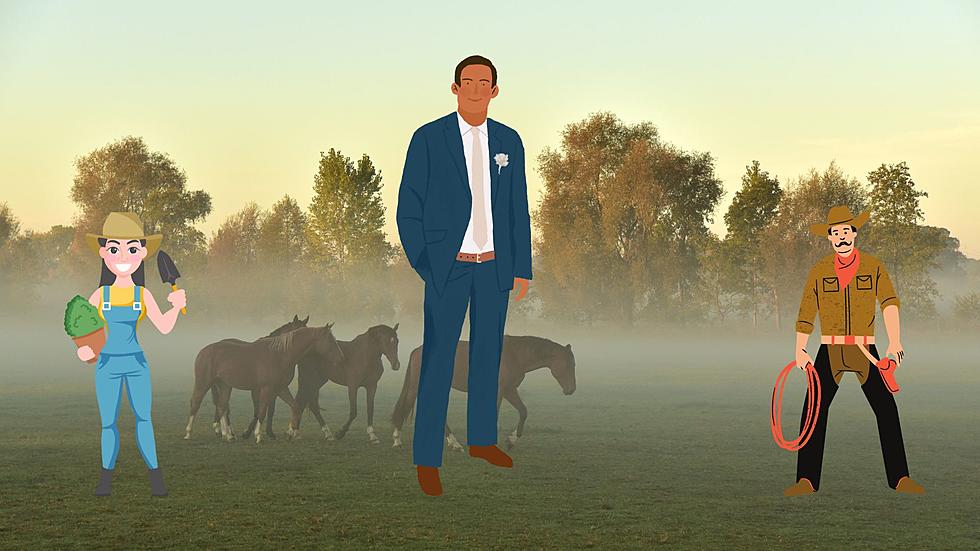
North Dakota’s Top Five Careers Feeling Most Anxious About AI
These days, AI (artificial intelligence) is gaining traction in almost every field you can think of! Even in a rural state like North Dakota, AI is gaining momentum. New data reveals the top five jobs most anxious about AI in America. The study, conducted by GenAI customer support experts DevRev, analyzed online search data for terms relating to a list of careers – including ‘AI impact on...’, ‘will AI replace...’, and ‘how will AI affect...’ – to determine North Dakota's top five jobs most at risk of advancements in AI.

#1 - Accountants
Accountants take #1 place in the United States. AI is used in accounting firms to generate financial reports and arrange expenses efficiently. Despite these advantages, using AI within accounting can lead to detrimental data breaches from cyber criminals searching for investment decisions.
#2 - Graphic Designers
In #2 place, graphic designers use AI to enhance images, edit graphics, and gain real-time feedback to improve work. While these advancements mean machine learning technologies can create designs independent from humans, AI does not understand how to filter bias, understand context, and create original material.
#3 - Data Analysts
Data analysts rank #3 in America. Data analysts use AI to analyze large amounts of data quickly, revealing trends and offering insight into studies, for example. However, artificial intelligence is prone to mistakes and works best alongside human input, as is the case for data scientists.
#4 - Artists
American artists are the #4 career most worried about advancements in AI. For a few examples, AI can create book covers, album art, and music videos within a short time. However, the generative artificial intelligence tools used in this process gather data from existing work without the original creators’ consent and without crediting them personally or financially.
#5 - Lawyers
Lawyers are the #5 most cautious of AI in the U.S. AI is used in law practice to review and analyze large volumes of legal contracts, research relevant law case studies, and communicate with clients through chatbots. However, the absence of human input can often lead to biased results depending on the data.
On A Side Note - Radio
Here's where it is scary to me! Advancements in AI technology are significantly impacting radio announcer jobs by introducing automated voice technologies. AI-driven voice synthesis systems can mimic human-like speech patterns and intonations, enabling radio stations to generate content without the need for human announcers. This technology streamlines the production process, reduces costs, and provides broadcasters with greater flexibility. While AI enhances efficiency, it also raises concerns about potential job displacement for traditional radio announcers. Striking a balance between technological innovation and preserving the unique qualities of human voices remains a challenge in the evolving landscape of radio broadcasting.
Dirty Jobs Around the Country
Gallery Credit: Kolby Fedore, TSM
More From KEYZ AM 660









